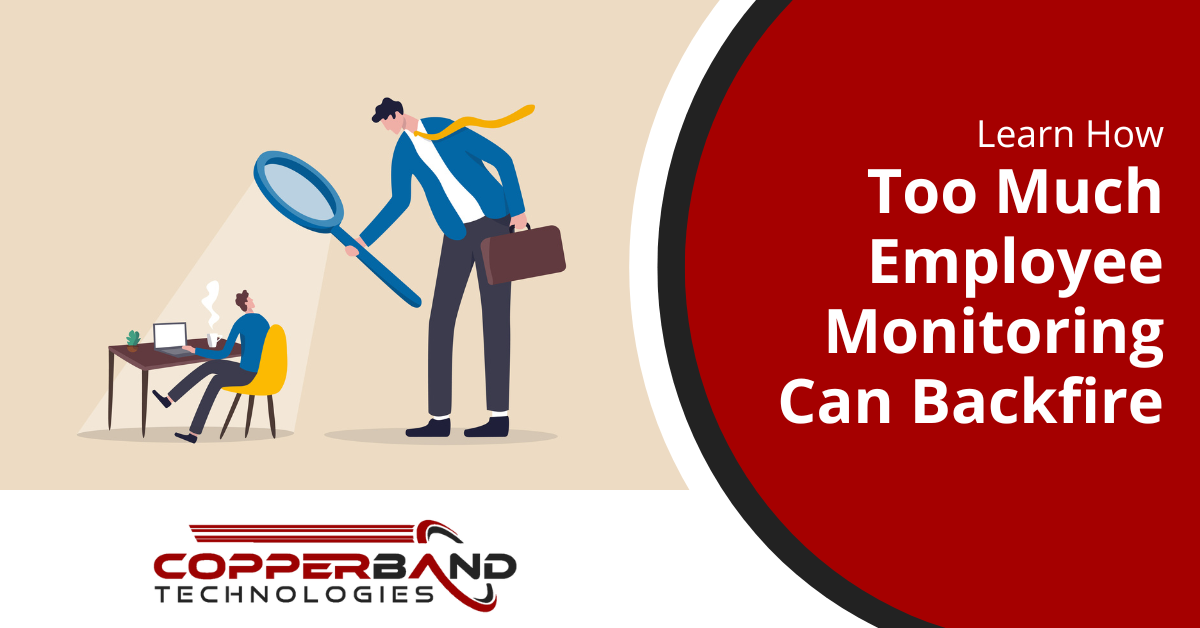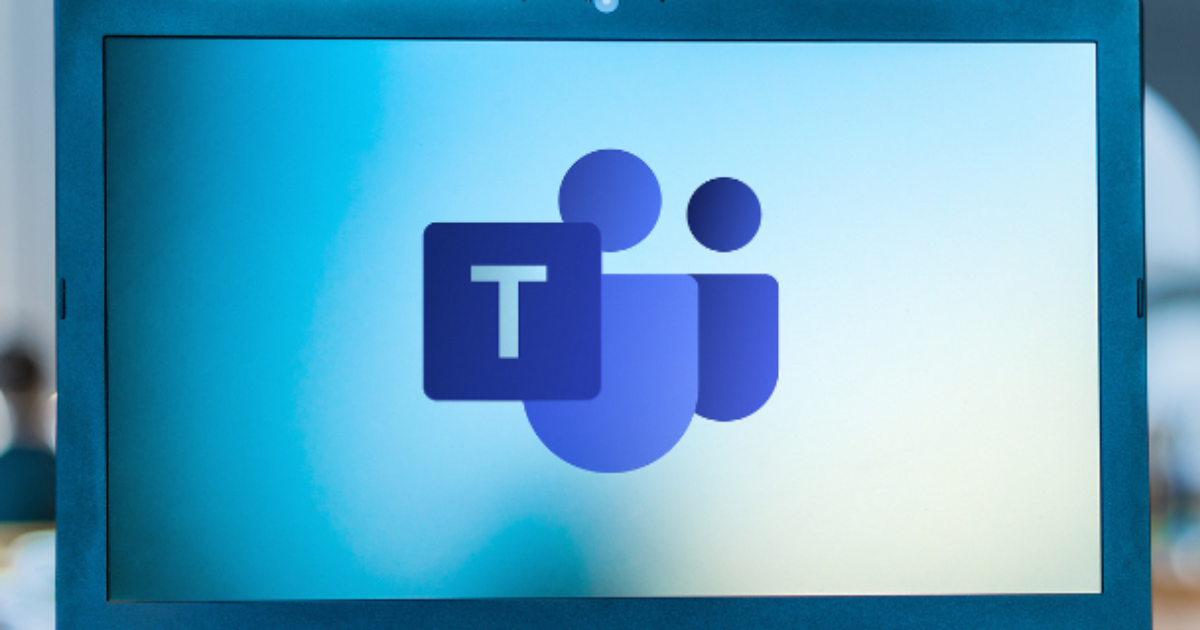Learn How Too Much Employee Monitoring Can Backfire

It is not unlawful for an employer to monitor and track the work progress and productivity of the employees. Checking on the employees’ work progress is a procedure for the employer to know how well the employees are handling their assigned tasks. They can also check their attitude toward the organization’s rules and regulations. During the COVID-19 pandemic, when many employers adopted the remote working system, there was a need to monitor their employees’ productivity and curb rule-breaking attitudes.
Today, employers have various ways in which they monitor their workers. These include GPS trackers for field teams outside the company. They also include monitoring internet usage such as browser recording, recording of telephone conversations, and monitoring apps and software usage. However, regardless of the employer’s intention towards monitoring the employees, this procedure doesn’t always sit too well with the employees, and such a situation could backfire. Continue reading to find out how monitoring employees too much can backfire.
Ways Too Much Employee Monitoring Can Backfire
In recent times, employers have deployed various means of keeping track of their workers’ online activities at work. According to a report on Forbes, 59% of employees feel anxious and stressed about too much surveillance. 41% wonder if they are constantly watched, and 36% feel pressured to work overtime due to monitoring. 48% said they would accept a pay cut if it means not being constantly monitored. Further, 54% said they would consider quitting if an employee monitoring software was implemented. However, because of ineffective use by the employer, too much employee monitoring can backfire on the company in the following ways.
Builds up resentments
Monitoring employee activities too much may make an employee feel undervalued, not-trustworthy, and restricted, which could generate resentment toward the employer. When an employer is getting monitored clock round, they may feel like their privacy is getting violated. Further, to some employees, too much monitoring could be perceived as a way for the employer to overcontrol the employees, leading to frustration and resentment.
Rules breaking
One of the purposes of employee monitoring software is to curtail rule-breaking attitudes. However, it could also result in the opposite of the initial expectation. According to Harvard Business Review, monitored employees are more likely to go against the rules. This can include stealing office equipment, disregarding instructions, going on unapproved breaks, intentionally working at a slow pace, and causing damage to the company’s property. The research further proves that the cause of these actions is that monitoring employees make them feel less responsible for their actions. Therefore, this in turn makes them less likely to behave morally.
Increase stress
Surveilling employee work productivity is one of the techniques used by employers to reward and punish their workers. Once an employee realizes that they are being excessively monitored, they may believe their job is constantly at risk of getting terminated if they cannot meet their employer’s expectations. This increases their stress level and causes a huge distraction to their workflow. This could also be bad for the employer, as the organization will get affected the most.
The stigmas around employee monitoring
There are stigmas revolving around too much employee monitoring. While employers might be surveilling both onsite and remote workers’ activities with good intentions, the employees often see it as a means by which the employers weaponize the working atmosphere and over-controlling them. This negatively affects employees’ morale.
Inaccuracy
Not every type of work involves moving around a mouse or typing on a keyboard (two things that many team tracking apps measure as “productivity”). Some work can only be effectively carried out through legwork. As well as phone calls, soft skills, leadership, critical thinking, and other forms of creativity that cannot be measured through the surveillance of keystrokes. However, employee monitoring mostly focuses on measured actions and ignores other aspects that contribute to work progress.
Legal consequences of improper monitoring
The Electronic Company Privacy Act of 1986 backs employees’ rights. Employers are allowed to monitor all work activities done on the company’s grounds and are allowed to investigate anything on company-owned devices. However, some employers take monitoring too far and might be transgressing when monitoring certain areas of the company, such as the restrooms, cafeterias, and locker rooms where personal discussions occur.
Leads to distrust
Monitoring employees around the clock could be misinterpreted. Employees might feel the employer feels a lack of trust towards them and their various work-related actions. Additionally, this could demoralize the workers and result in low work productivity.
How to Effectively Monitor Employees
Respecting employees’ privacy, encouraging their work morale, and asking for their consent toward monitoring doesn’t mean an employer neglects employee monitoring altogether. The best way to monitor employees effectively is to strike a balance. The following are ways employers can monitor their employees.
Transparency
The employer must be transparent in using the various employee monitoring software. Further, this would assure the employees that surveillance isn’t an act of weaponizing to penalize their actions.
Establish a trusted ground
Employers should tackle the feeling of distrust by explaining the merit of employee monitoring. This includes promotion negotiation and a wage increase – to the employees.
Eradicate misinformation:
Employers should provide adequate and well-detailed information on employee monitoring to eliminate any form of misinterpretation of intention that could cause negative vibes in the work environment.
Reassurance of mutual goal
Every organization has a set of goals that both the employer and the employees work together to achieve. Explain how employee monitoring is essential for achieving the organization’s goals.
Gradual processing
Employers shouldn’t compel their employees to adapt to the new policy. This should be done gradually for the idea to get accepted with positivity from the employees.
Proper Implementation
The employee monitoring policies should be appropriately implemented in accordance with work etiquette and legal perspective.
Flexibility
Allow a two-way channel of communication between the employer and the employees. This will enable the employees to give feedback on the monitoring policy. Implementing the above guidelines for employee monitoring with the help of IT support will help create rule-abiding employees that work effectively for the company’s benefit and a comfortable working atmosphere for both the employer and employees.
Need Help With Effective Team Management Solutions?
Copperband Technologies can help your Middle Tennessee or Southern Kentucky business with the right cloud implementation for your team. Contact us now to schedule a consultation.






